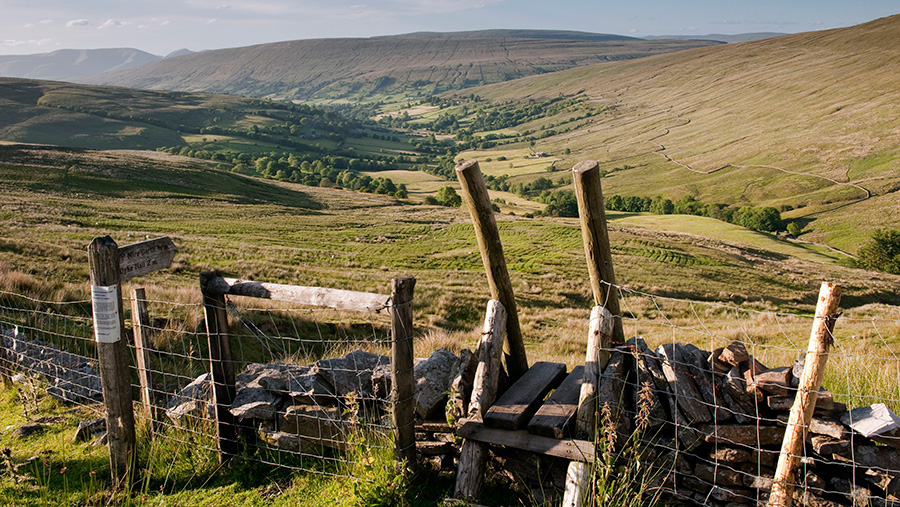‘Major challenge’ to secure Brexit deal for farming
 © FLPA/REX/Shutterstock-
© FLPA/REX/Shutterstock- Farmers and the wider food industry face a major challenge to secure a satisfactory deal for agriculture as the UK leaves the European Union, a former top civil servant has warned.
Sir Ivan Rogers, who served as the UK’s permanent representative to the EU from 2013-17, said it is clear the government is intent on leaving the EU Single Market and the Customs Union – as well as the EU itself.
This means farmers faced the prospect of a “considerably complex” free-trade agreement or – if talks fall apart – no deal at all and high tariffs, he told an audience of 200 farm leaders and other industry representatives in London on Monday (20 November).
See also: Prepare for turbulent Brexit, farmers warned
Either way, “life and trade flows cannot just carry on much as before”, Sir Ivan told the inaugural Henry Plumb Lecture, held at the Royal Society in honour of the 92-year-old peer, who retired from frontline politics earlier this month.
Brexit secretary David Davis has conceded that dairy and livestock farmers face tariffs of 30-40% if the UK leaves the EU without trade deal. Other sectors would also see tariffs. Even if a deal is concluded, it could see lengthy customs checks and delays at borders and ports.
Although a deal would be preferable, it could never fully replicate the benefits of EU membership, said Sir Ivan. He warned: “Arrangements for members will always be more friction-free and superior than arrangements for those operating a different trade policy outside the bloc.”
Trouble on the horizon
NFU president Meurig Raymond said Sir Ivan had outlined the potential for tumultuous times ahead. For the sector to thrive and further the UK’s ability to feed itself, government policy needs to put profitability, productivity and progressiveness centre stage, he said.
Mr Raymond said: “The NFU is under no illusion – for the first time in 40 years the government is taking responsibility for its own trade policies and that undoubtedly comes with some friction. It is vital that throughout this process farming’s voice is heard.”
Former Defra secretary Owen Paterson argued that the UK should adopt low-tax, low-spend, low-regulation policies. He said: “There is not much point leaving the EU and its bureaucratic jungle of regulations, only to run our economy on precisely the same lines as before.”
While Mr Paterson’s stance may seem extreme to some, government policy-makers are expected to challenge received wisdom. They include eight advisers currently being recruited by Defra to help shape the government’s post-Brexit strategy for food, farming and the countryside.
Ministers are “looking for talented, imaginative, free-thinking and orthodoxy questioning advisers to help shape and implement policy for life after the UK leaves the EU”, says a Defra advertisement on the government’s Civil Service Jobs website.
Senior policy advisers to Defra secretary Michael Gove and other ministers are expected to act autonomously in terms of defining their work and the issues they consider. Policy advisers also have a large degree of freedom to define and shape what they work on.
